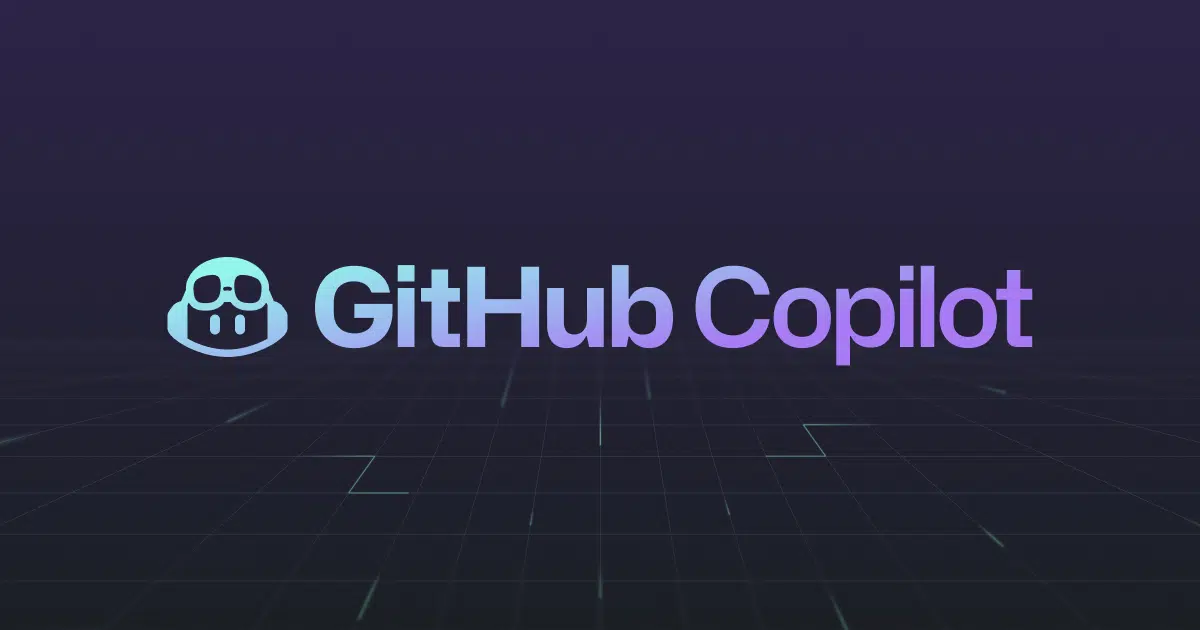In the Marvel movie Ironman, Tony Stark is a brilliant engineer who is even more incredible when he’s using his Ironman Suit. Using this analogy, many software engineers are starting to develop their own version of their suit with the use of AI.
Enter GitHub Copilot, which has been a game-changer for GAP. It’s not just about automating the boring stuff — though it does that exceptionally well. And it’s not a replacement for skilled engineers, but rather a force multiplier. Think of it as a high-performance racing bike for your developers: it won’t win the race on its own, but it gives your team a significant edge in terms of speed, endurance, and agility.
We recently surveyed GAP engineers to quantify the results of our major GitHub Copilot deployment. Results are promising. Our initial findings demonstrate a big boost in coding speed and a smoother onboarding process for new technologies. However, we’ve also identified areas where human oversight and careful integration are important to fully realize AI’s capabilities.
The Power of Accelerated Coding
A remarkable 80% of our engineers report GitHub Copilot has positively impacted their work. The most significant advantage lies in the sheer speed at which developers can now produce code. Copilot not only excels at code quality but also at autocompleting repetitive tasks, suggesting alternative solutions, and allowing engineers to focus their energy on complex problem-solving and innovative thinking.
Notably, Copilot acts as an in-editor mentor, guiding engineers through unfamiliar libraries, APIs, and even new programming languages. This accelerates learning and enables teams to quickly adopt new (and sometimes old!) technologies.
The Human Element: Essential for Quality and Security
While Copilot offers undeniable speed benefits, our survey reveals a nuanced picture of its impact on Copilot code quality and security.
While some engineers report improvements in code standardization and optimization, others highlight the need for thorough review and validation of Copilot’s suggestions. In some cases, particularly with rapidly evolving frameworks, Copilot’s suggestions require refinement or even rejection to ensure they align with best practices and the latest standards.
Regarding security, Copilot’s current impact is somewhat limited. We see potential in using Copilot to identify and prevent vulnerabilities, but this requires proactive training and integration with existing security workflows.
GAP’s Strategic Approach to GitHub Copilot
To maximize the value of Copilot while mitigating any potential risks, we’re focusing on:
- Comprehensive Training: We’re investing in education to ensure our engineers understand Copilot’s strengths and limitations, helping them to make informed decisions about when and how to use it.
- Quality Control: We’re reinforcing our code review processes and implementing guidelines to evaluate Copilot-generated code for accuracy, efficiency, and adherence to security best practices.
- Expanding Use Cases: We’re actively exploring how Copilot can enhance collaboration, allow better knowledge sharing, and generate test scripts to further improve team productivity.
- Security: We’re investigating ways to expand Copilot’s AI capabilities to identify vulnerabilities and promote secure coding patterns within our projects.
Looking Ahead
The future of software development is intertwined with AI-powered tools like GitHub Copilot. By strategically embracing these technologies while maintaining a strong focus on human expertise and oversight, we can unleash our teams to build innovative, secure, and high-quality solutions at an unprecedented pace.
As we continue to refine our use of GitHub Copilot, we’re excited to share our learnings and best practices with the wider CIO and CTO communities. Together, we can shape a future where AI and human ingenuity collaborate seamlessly to drive technological advancement.
You can find the full report on GAP’s GitHub Copilot Program Survey here.
Darryl Worsham, general manager of GAP’s Modernization Business Unit, is a seasoned C-suite executive with 30+ years of experience in product lifecycle management, sales, marketing, engineering, and software delivery.



